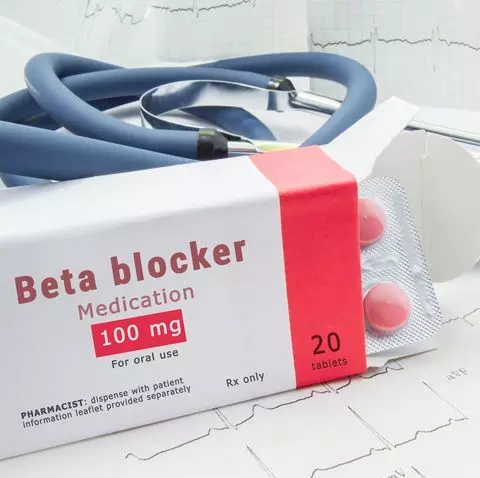Beta-Blockers Reduce In-Hospital Mortality in Patients With Acute Decompensated HF: Study

Beta‐blocker use at admission was associated with lower in‐hospital mortality in patients with acute decompensated heart failure.
In patients with contemporary acute decompensated heart failure (ADHF), beta-blocker use at admission was significantly associated with lower in-hospital mortality, according to a recent study published in the Journal of the American Heart Association.
Beta blockers are a class of medicines that are competitive antagonists. They block the beta receptor sites and are primarily used to manage abnormal heart rhythms. Acute Decompensated Heart Failure is defined as a sudden worsening of heart failure symptoms and is usually caused by edema with rapid fluid accumulation in the lungs. It is a serious condition and may even be fatal. It remains unclear whether beta‐blocker use at hospital admission is associated with better in‐hospital outcomes in patients with acute decompensated heart failure. With this background, researchers carried out a study with the purpose of investigating the effect of beta‐blocker use at admission for ADHF on in‐hospital outcomes in patients with ADHF.